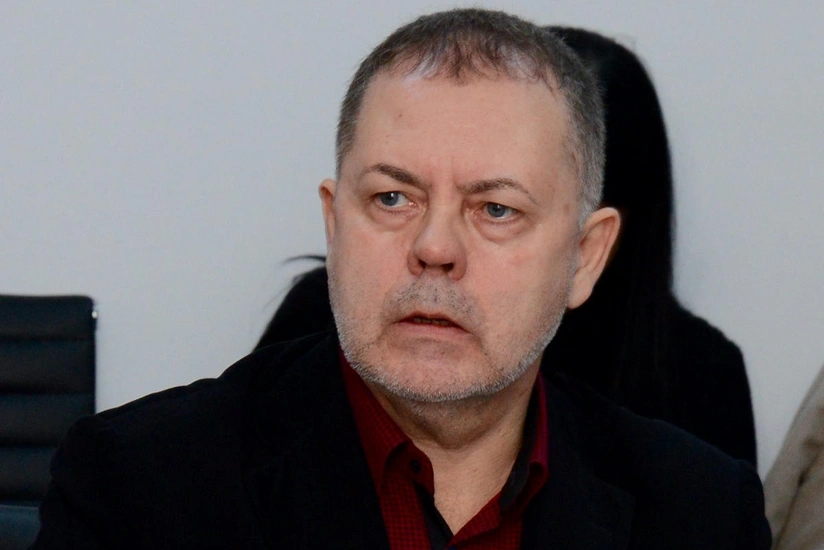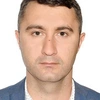Expert: Azerbaijan has many questions for OSCE Minsk Group
- 08 September, 2020
- 14:01

"Against the background of the July events in Tovuz, the OSCE Minsk Group co-chairs' visit to Azerbaijan should not become formal, empty, like many other negotiations under the auspices of this Group. Moreover, it is Azerbaijan, and the observers have also many questions for this structure."
Russian political scientist, chairman of the Expert Council of the "Eurasian Ideas Workshop," Grigory Trofimchuk told the Russian Bureau of Report.
"Representatives of the Minsk Group will be asked all these questions in Baku, within this visit's framework. Namely, who does the Group consider the aggressor in the July 2020 war? By the way, they did not answer the April 2016 battle either. Further, in what form and pace, the Armenian-Azerbaijani negotiations on Karabakh will be conducted now. Finally, how does the Group assess all the statements made by Nikol Pashinyan for more than two years, which runs counter to the negotiation process? "He said.
According to Grigory Trofimchuk, if previously OSCE Minsk Group co-chairs could not in any manner influence the course and speed of negotiations, then it is hard to believe that the Group can offer something new for the near future.
"As an expert, I think that if it is impossible to rotate the Group's composition, then at least the circle of experts around this negotiating table should be expanded. In any case, it is necessary to consider some proposals that could contribute to the acceleration of the negotiations and their concretization. It may be worth contacting the UN directly to suggest some other options in order not only to speed up the consideration of the Karabakh issue but keep the entire region from exploding as a result of inactivity of the OSCE Minsk Group."
